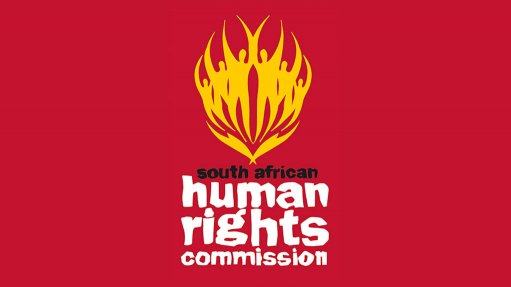
The South African Human Rights Commission (the SAHRC or the Commission) conducted an electronic survey of schools during the week of 24 to 28 August 2020. The aim of the survey was to monitor schools’ readiness for the safe return of learners after nearly 100 teaching days were lost as a result of the novel Corona Virus - Covid 19. Further, the survey targeted all provinces, soliciting and receiving a total of 5 374 responses from provinces nationwide.
The highest number of responses were received from Gauteng with 1 199 or 22% of responses, Limpopo 931 (17%) and Kwa-Zulu Natal 687 (13%) of responses.
The Survey covered the following:
Staff and learner attendance;
Health and safety measures at schools;
Plans for the rest of the academic year (2020);
The implementation of the National School Nutrition Programme (NSNP); and
The provision of learner-teacher-support-material (LTSM).
Participation in the Commission’s Electronic Survey was entirely voluntary and anonymous (no school names were included). This means that no definitive conclusions can be drawn from the responses. However, the information gathered provides important indications for the Commission and will be shared with the national and provincial Departments of Basic Education.
In addition to the electronic survey, the Commission is conducting monitoring visits to schools. The information gathered during these visits will be used to supplement the data gathered from the electronic survey.
Key results from the electronic survey
Teacher and Learner Attendance
Responses to questions on teacher and learner attendance indicate high levels of attendance. The 5 374 respondents indicate that 97% of teachers were present at school on the day the survey was conducted and that 95% of learners were in attendance.
Health and Safety Measures at Schools
93% of respondents reported that the School Governing Body and School Management Team at their schools were aware of the minimum health and safety protocols that needed to be met before reopening. However, 14% of respondents reported that their schools did not have a plan for the return of learners on 24 August 2020. Furthermore, 26% of respondents reported that there would be challenges in hygiene protocols when the additional learners returned.
Access to clean water, sanitation and ablution facilities is a minimum safety requirement for a school to open in the time of Covid-19. 271 reported that their schools do not have access to water. The majority of these school are in Limpopo (84), the Eastern Cape (62) and Kwa-Zulu Natal (47). In addition,624 respondents reported not having sufficient facilities for washing with water and soap at their schools.
Over 95% of respondents reported that their schools adhere to Covid-19 protocols as issued by the Department of Basic Education (DBE).
ü 99% of respondents confirmed that every person on the school premises is required to wear a mask;
ü 84% of respondents reported that they had a system for cleaning surfaces before and after school each day; and
ü 85% of respondents reported that every office, hall, or classroom at their school complies with social distancing protocols.
Planning
The closure of schools due to the Lockdown Alert Levels has resulted in the loss of nearly 100 teaching days depending on the grade. Accordingly, the curriculum for Grades 1 – 11 has been adjusted.
Social distancing regulations mean that schools must consider alternate curriculum delivery methods. 93% of schools reported that they would consider applying alternative timetable models for their learners.
Nearly half of respondents reported that their schools had applied to deviate from the gazetted dates for the return of learners to school. 629 of these schools were in Gauteng.
Full Statement Attached
Issued by The South African Human Rights Commission